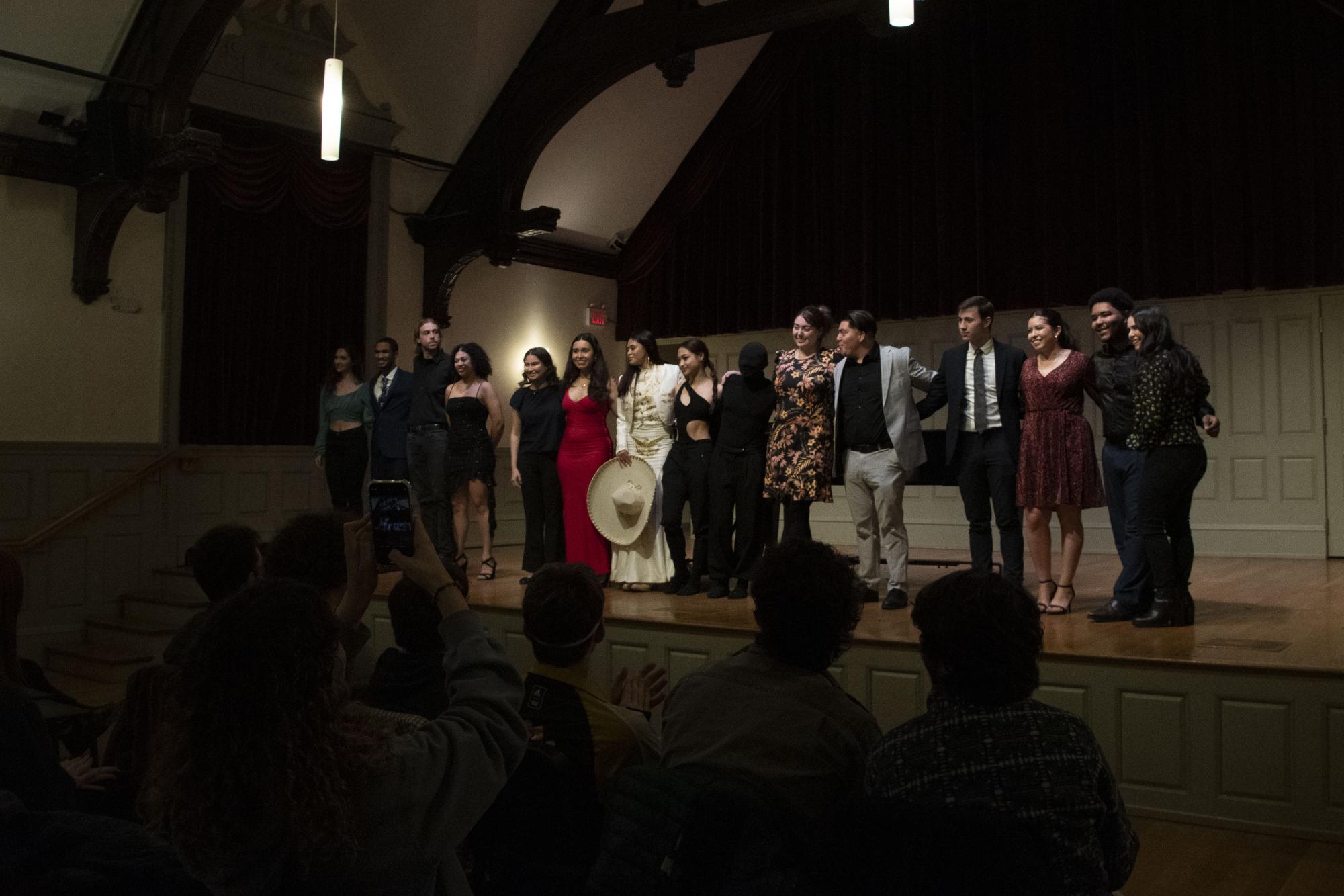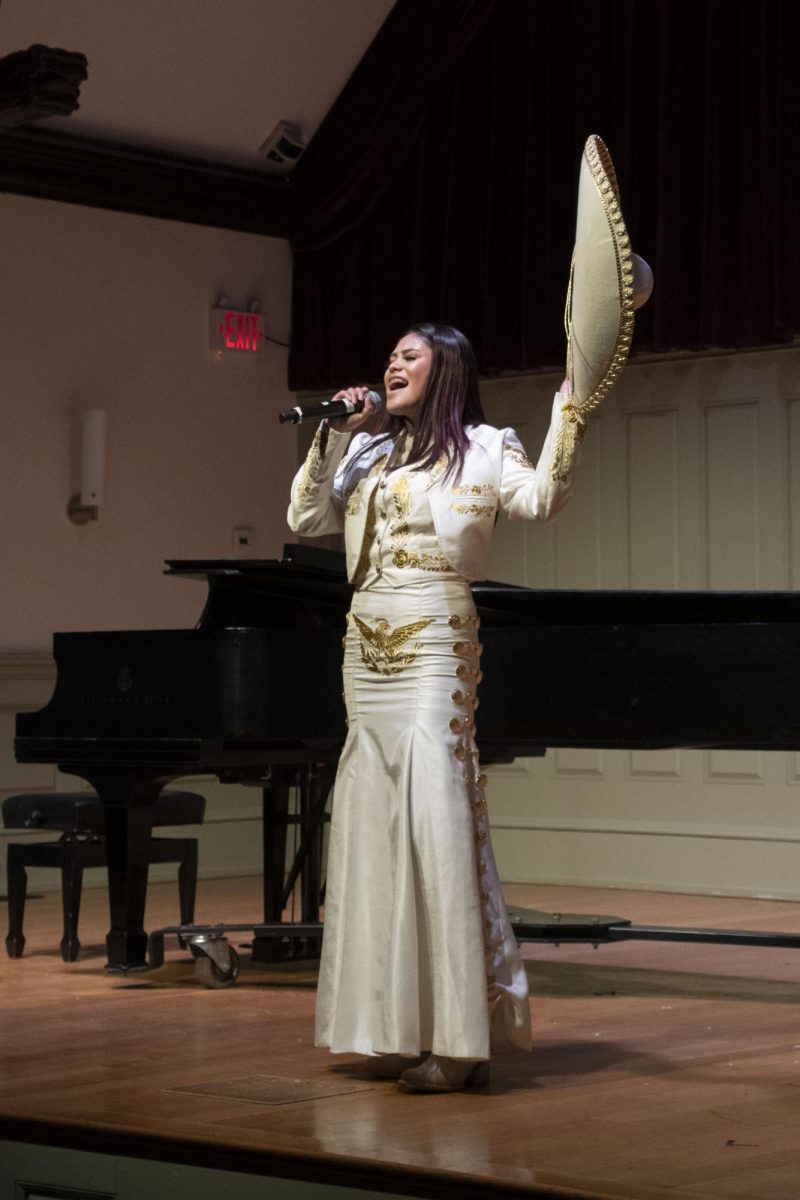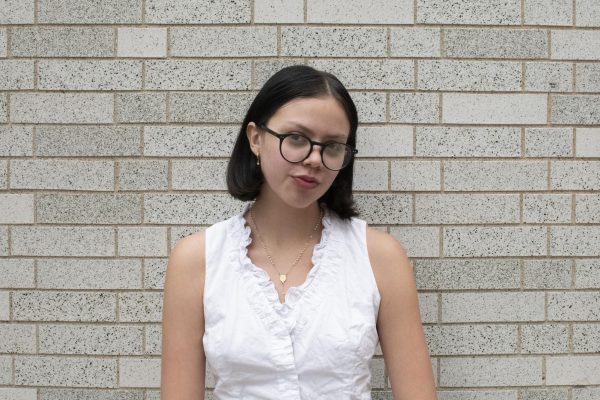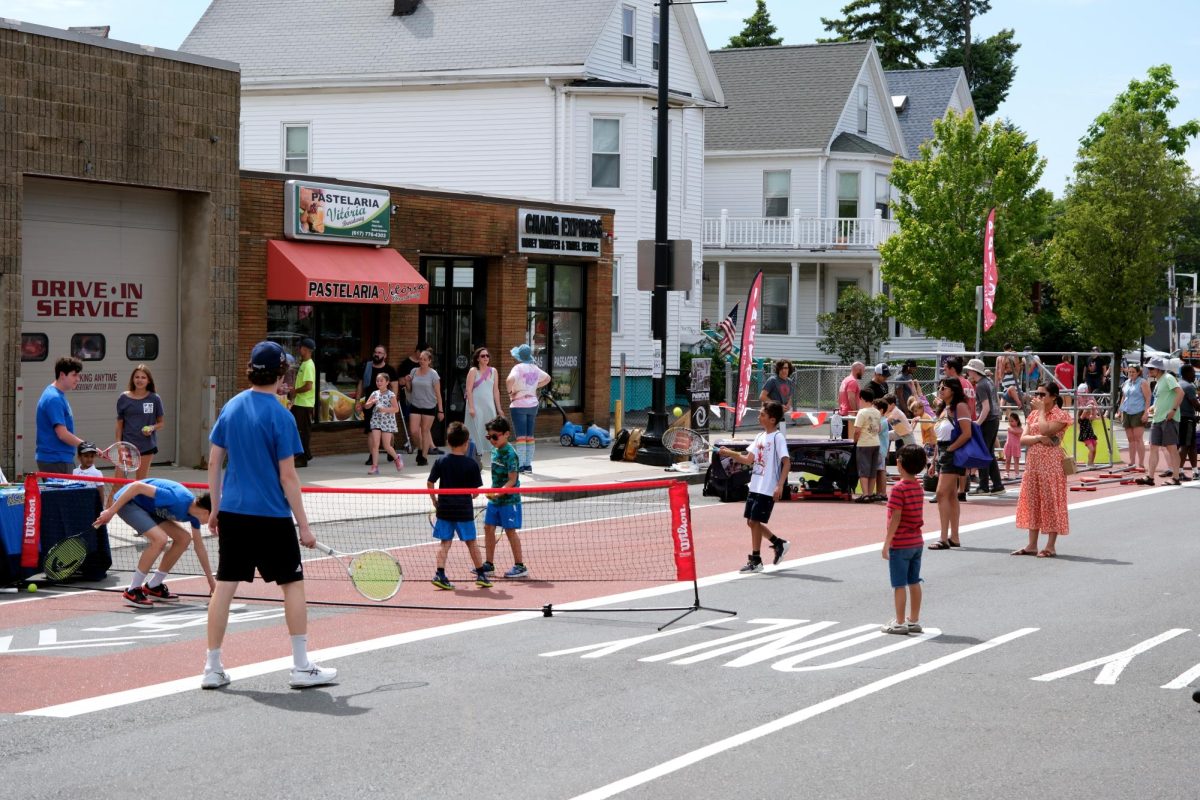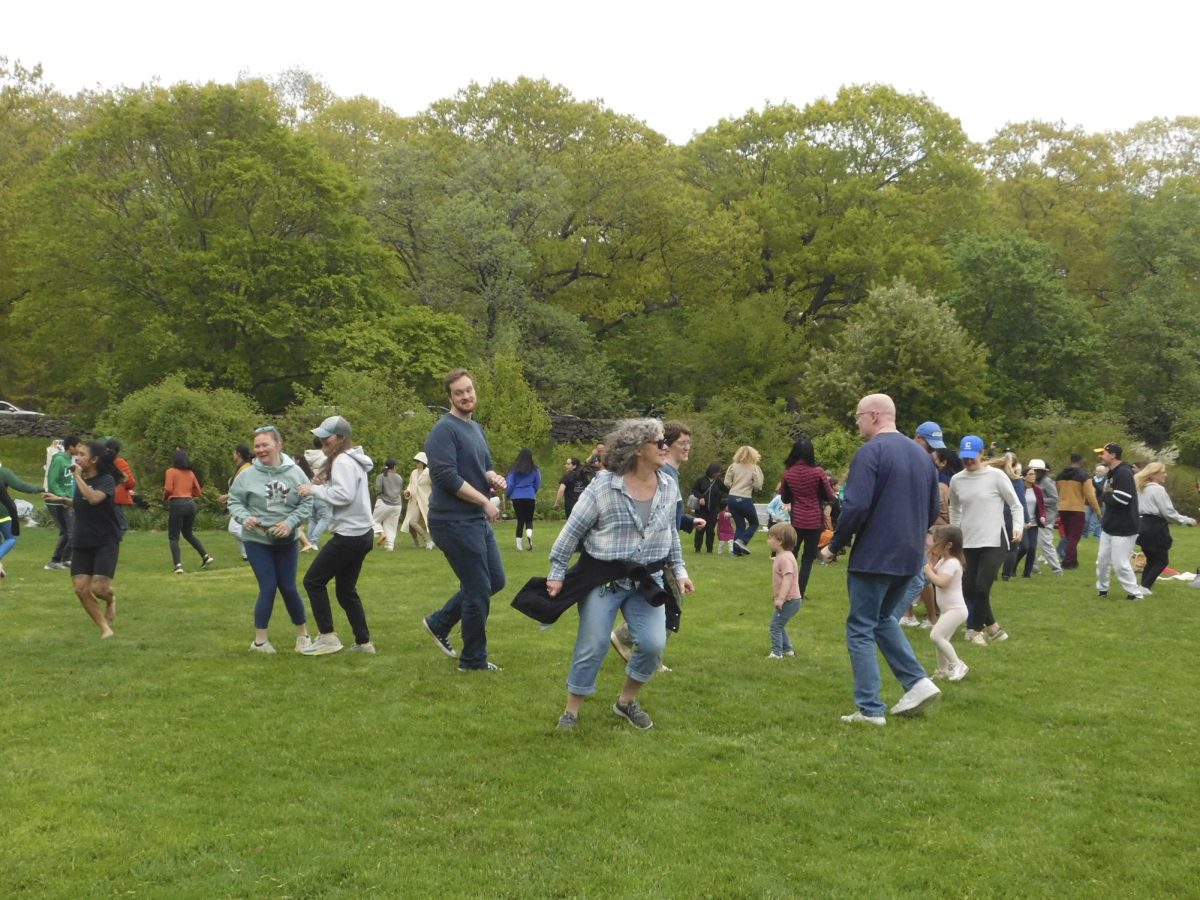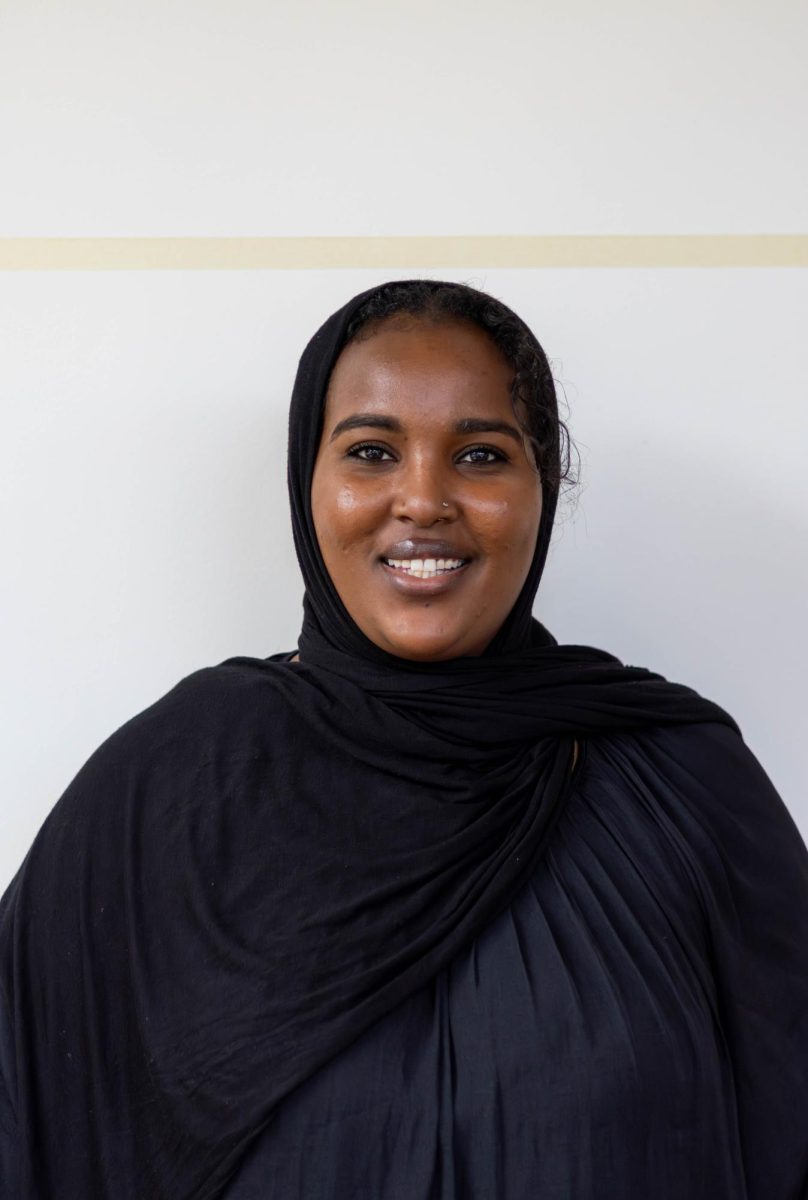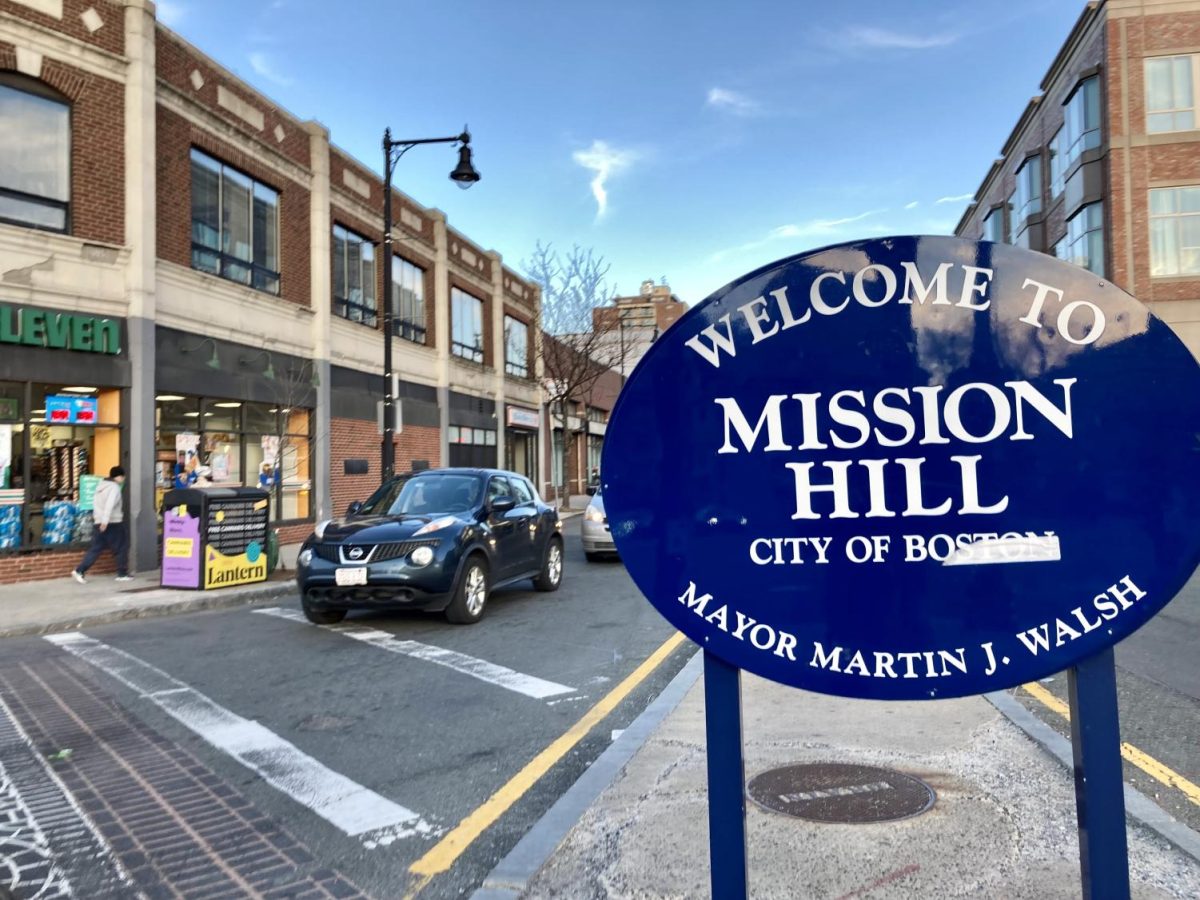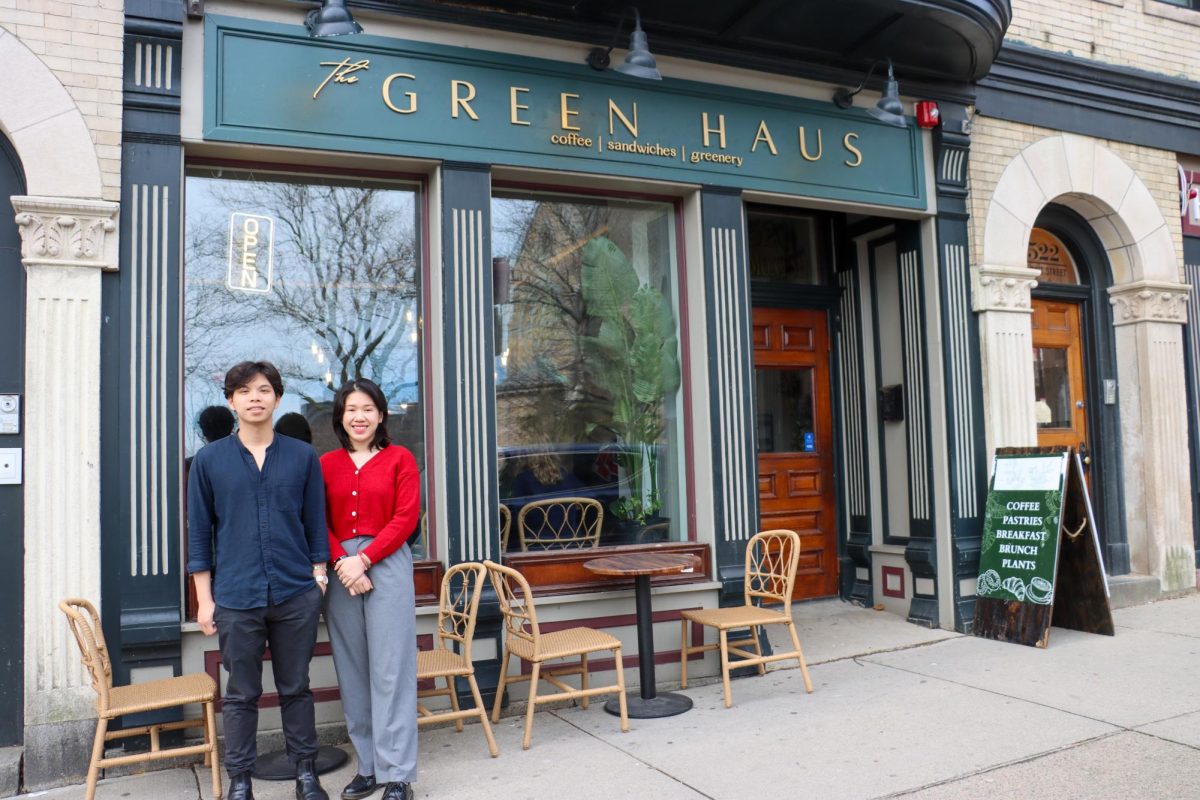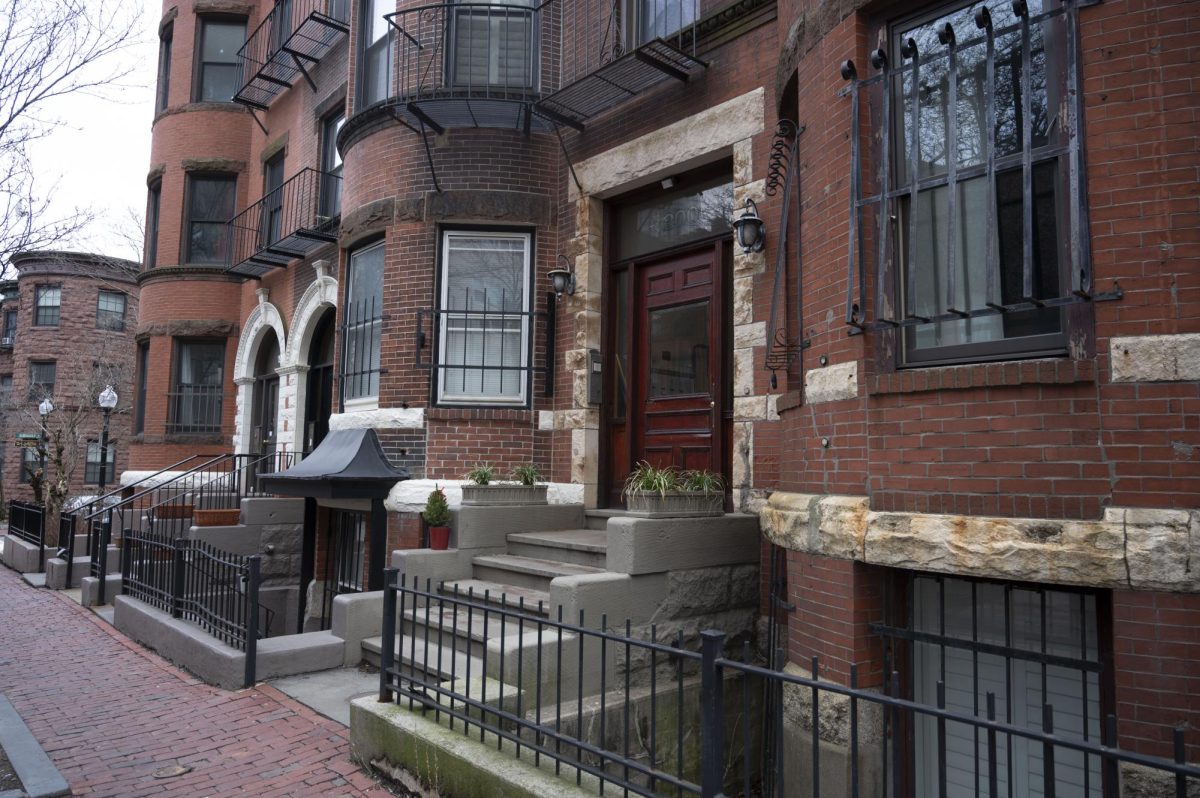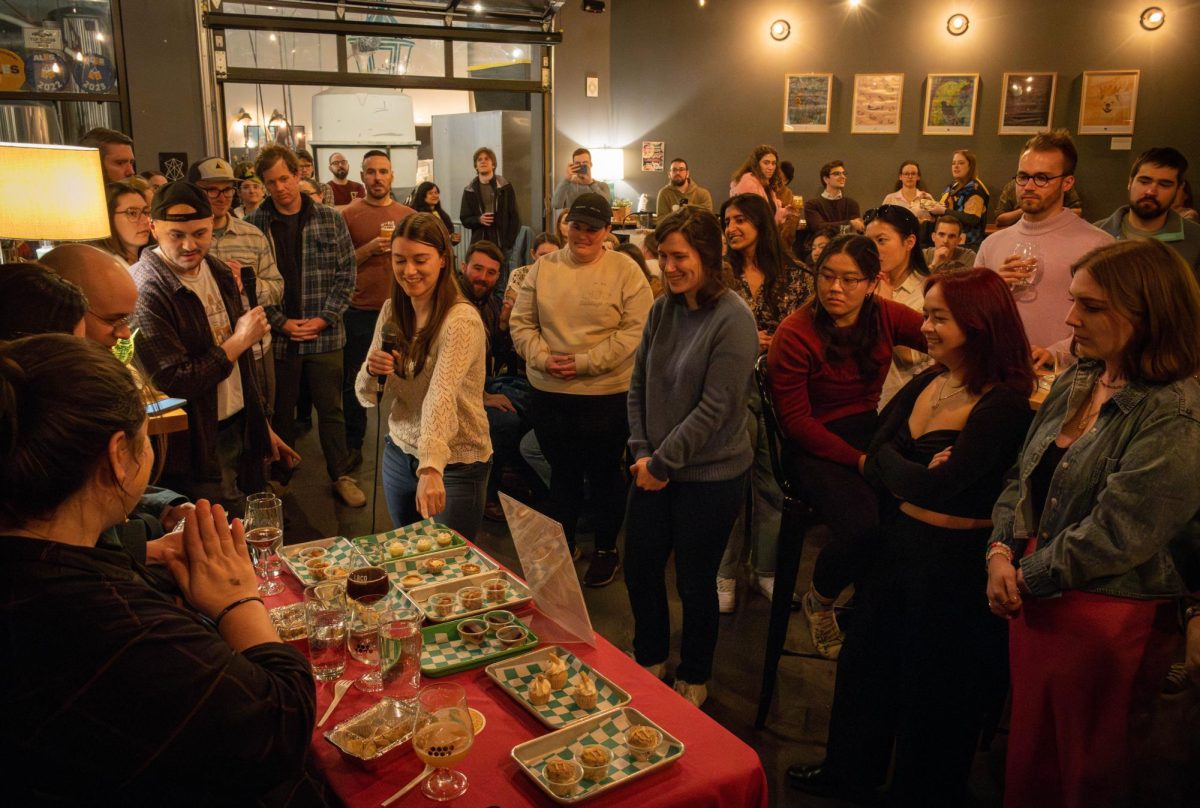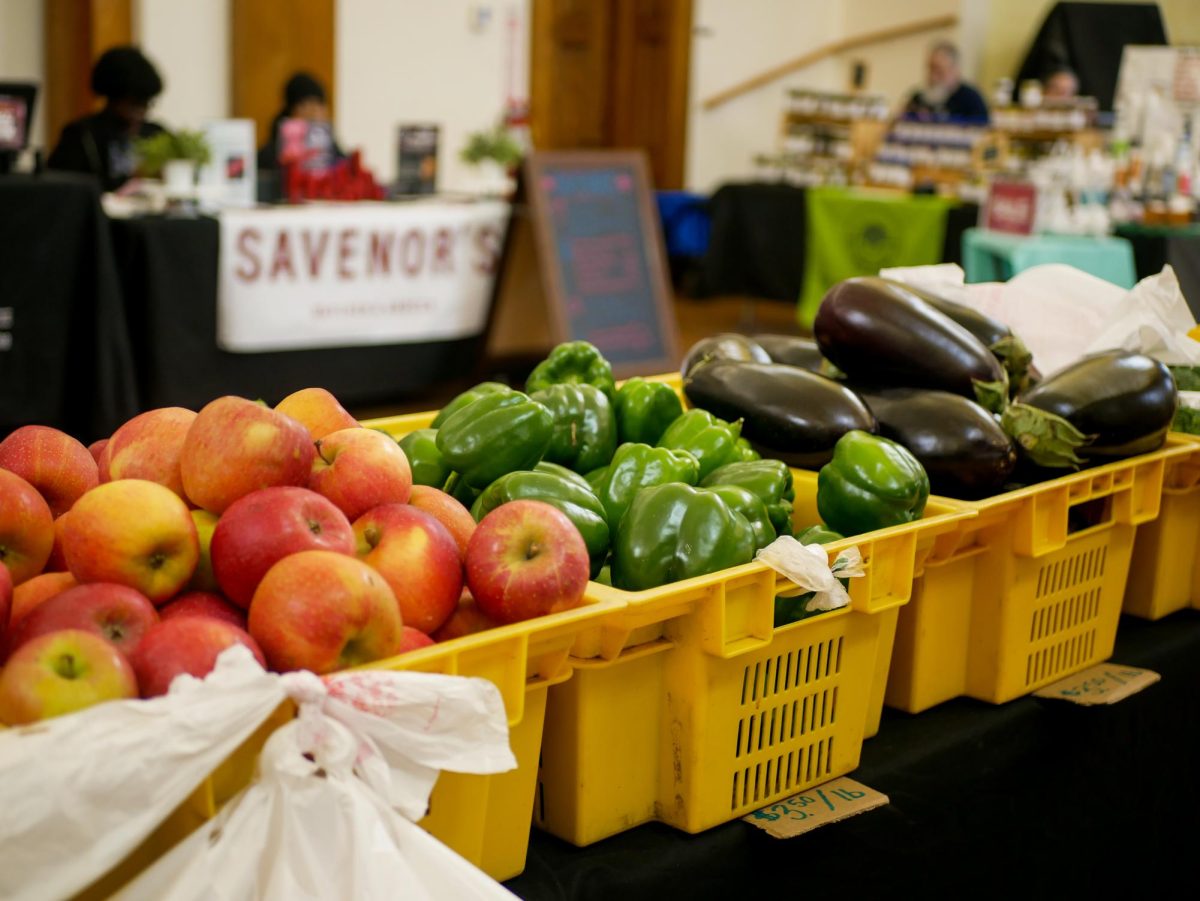In the center of a wooden stage decorated by dramatic maroon drapings, Sara Goldstein interrupted audience chatter marked by different Spanish dialects. Goldstein, the interim chair of voice at Boston Conservatory at Berklee, began the night by recognizing students’ efforts to host the seventh annual Latin American Song Project — an event where performers showcase their talents in celebration of the expansive voice of Latin America. Thirteen performances took place on the pale-green stage of Seully Hall at the Conservatory Sunday night.
In January 2017, the founder of the project, Felix Aguilar-Tomlinson, said he realized half of his class in the voice department was of Hispanic descent. To celebrate the rarity of witnessing a minority group hold such prominence, Tomlinson decided that a program should celebrate its importance.
Most classical music appreciated in the West, particularly from the 18th century, is from Europe. Thus, the event celebrates the often-overlooked sound of the rest of the hemisphere.
“We want to highlight what isn’t found and what isn’t shown in classical music,” said Anthony Paredes, a fourth-year vocal performance major and president of the Latinx Student Alliance. “Because [the Conservatory] is a classical music sphere.”
The celebration has continued and expanded since it was first held seven years ago. At first, the program was just an annual concert, but last year’s Latin American Song Project president, Laura Santamaría-Mendez, created a Latinx Student Alliance club to oversee and organize the project. The club no longer only recognizes musicians but also other performing arts, such as dance. In addition, Paredes hopes to expand the program to artists across the city.
The performances at this year’s Latin American Song Project ranged from the bolero-style song “Bésame Mucho” to contemporary dance, drawing in the audience. The Conservatory students, performers and loved ones filled 14 rows of seating.
For many, the event brought light to different Hispanic artists that came before them. Jennifer Diaz, a first-year vocal performance major, grew up loving mariachi music. Diaz chose “La Malagueña,” a song by Mexican composer Miguel Aceves Mejía, which she dedicated in memory of her grandma.
“[Music is] the biggest connection I have to my culture because even though I’m from Guadalajara, I grew up in Utah,” Diaz said. “It’s what I have.”
Others chose to perform original compositions. Harold Rivas, who is pursuing his master’s in conducting, played the accordion and sung, even though those aren’t his usual instruments. Rivas chose a praise song that his family band, El Grupo H, composed. The song fuses different Colombian dance styles — vallenato and cumbia. Rivas and his family usually perform the song at Catholic mass, so he took the opportunity to share it in a new space.
“[The song] was an opportunity for my family to give thanks to God and welcome people to do the same,” Rivas said. “For me personally, it was my first performance on the accordion, so it was a good chance to put it out there.”
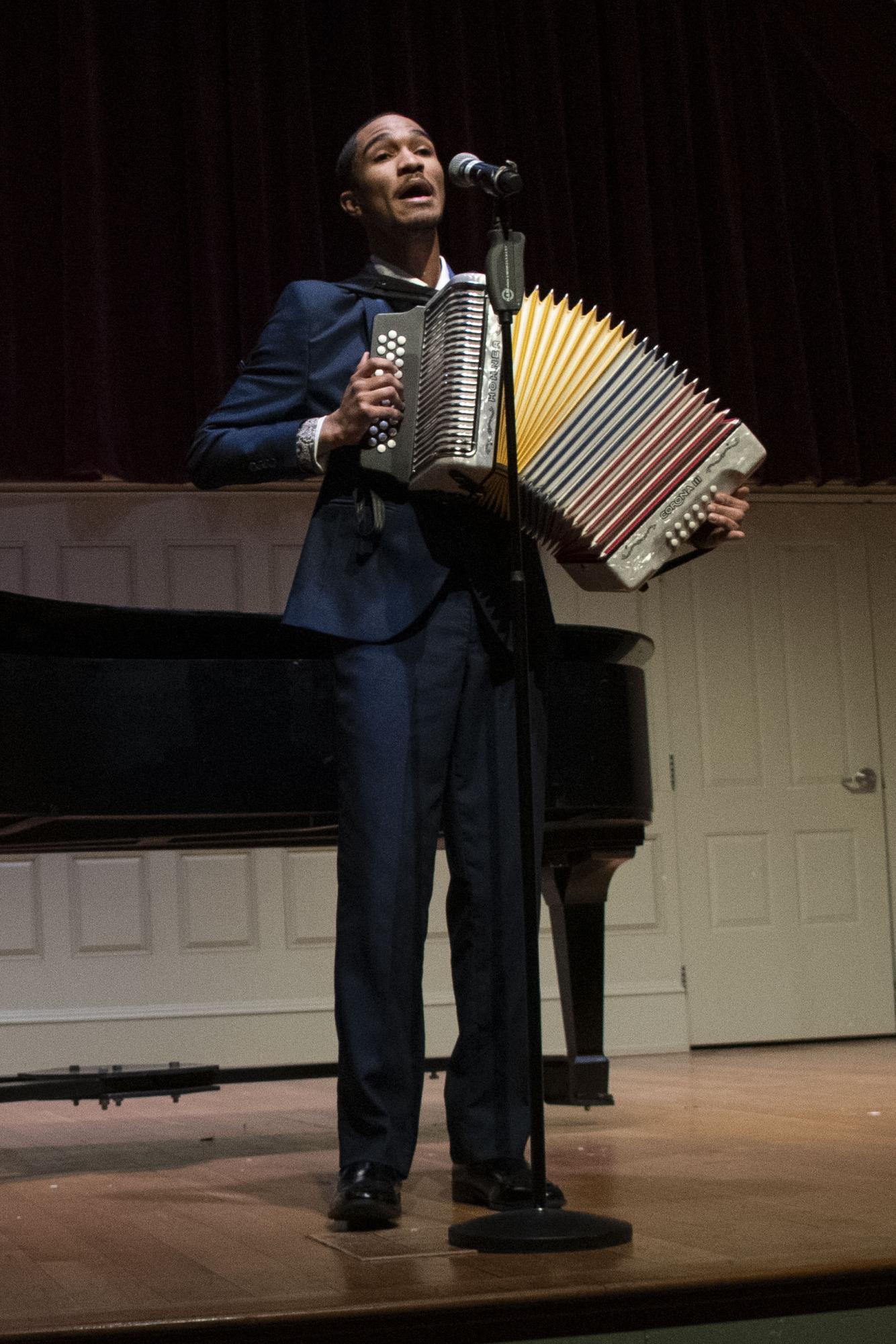
Not only did the show highlight older music from the 1750s, but also included 1900s music, such as a mariachi performance. This immersion showcased the range of sound that has persisted in Latin countries. The performances were unique in their origin and timeline; however, they all had one goal in mind: to communicate in their native language.
“I grew up speaking Spanish, and it has remained my favorite language to sing in even after learning various languages at the Conservatory,” said fourth-year vocal performance major Alexandra Roges. “I think Spanish hits closer to home, especially because I know when my family watches my recitals, they know what I am trying to communicate.”
After the passionate performances, Paredes invited everyone to the back of the theatre to enjoy well-recognized Hispanic cuisine of plantains and beans accompanied by Jarritos soda — ending the night in recognition of the rich culture.
